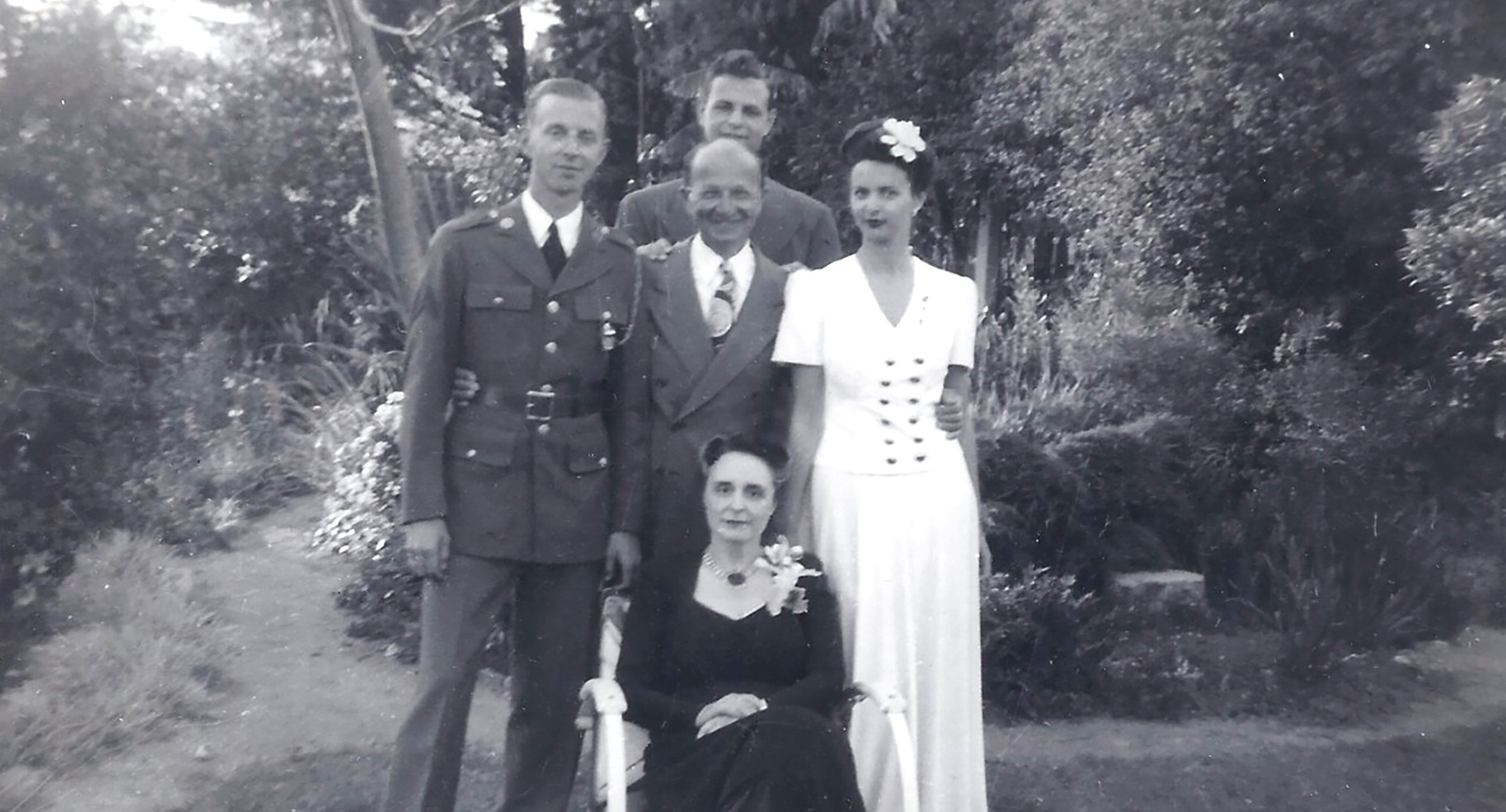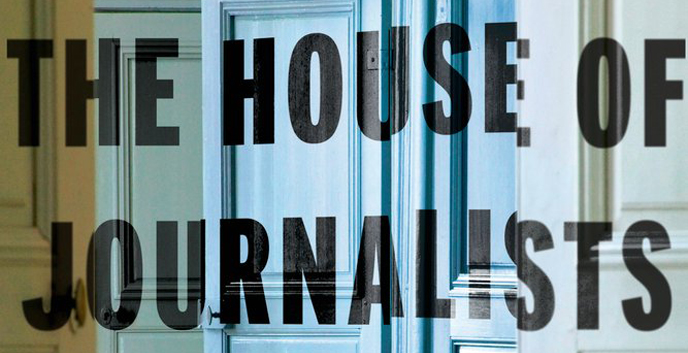The Mighty Franks is the story of one family—brilliant, close, complicated—and of one woman and the power she exerted within it. Michael Frank’s Aunt Hankie was a legendary screenwriter, and a magnetic, enthralling personality, who separated Michael from his parents and siblings and...
-
-
Tim Finch sat down recently with his editor, Ileene Smith, to discuss flammable prose, meta-fiction, and Orwellian influences. The House of Journalists will be published on September 3rd. Ileene Smith: The House of Journalists is my first debut novel at FSG, which is exciting, having come of age reading fiction published by this house. . . . I remember reading your manuscript as a new arrival on 18th Street, and being swept up into your imagined world of exiled writers re-making their lives in a London townhouse. . . . I was amused when Gary Shteyngart called your prose “flammable.” Were you? Tim Finch: I was going for a high-octane style. I wanted the prose to fizz and crackle. . . . He may also have been alluding to the unstable elements in the novel that make the reader uneasy. Ileene Smith: Like surveillance of the fellows of the House of Journalists?
-
Authors and Editors in Conversation Ileene Smith: The title essay of your recently published volume—Forty-one False Starts: Essays on Artists and Writers—is an ingenious portrait of the artist David Salle that is taught in journalism schools. At what point did you decide to construct the piece as a series of “false starts”? Janet Malcolm: In most of what I write, it takes me a long time to find the opening that will propel the piece forward. False starts are openings that don’t go anywhere. While struggling to find the right start for my piece about David Salle, it occurred to me that the record of the struggle might form a kind of parallel to Salle’s paintings, which are a meld of images that don’t seem to go together but in some mysterious way do. So I began writing false false starts and added them to the rather large number of true ones I had already written.

